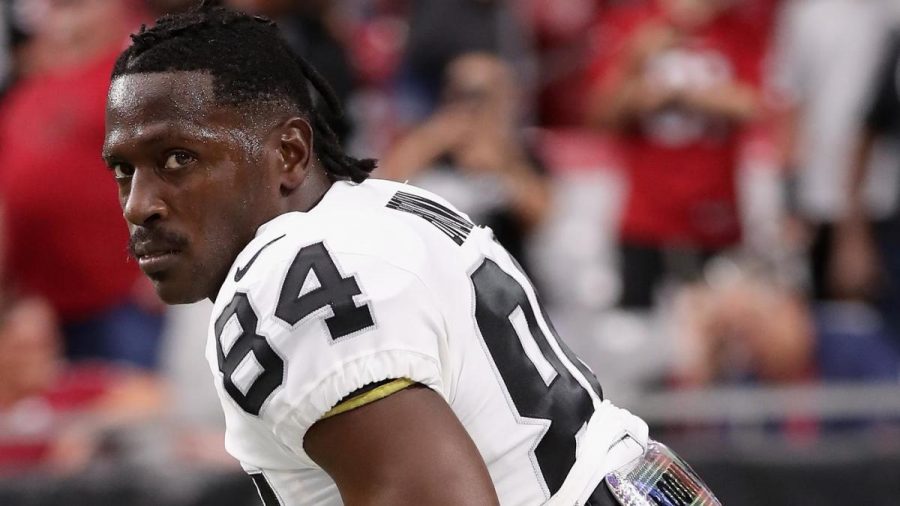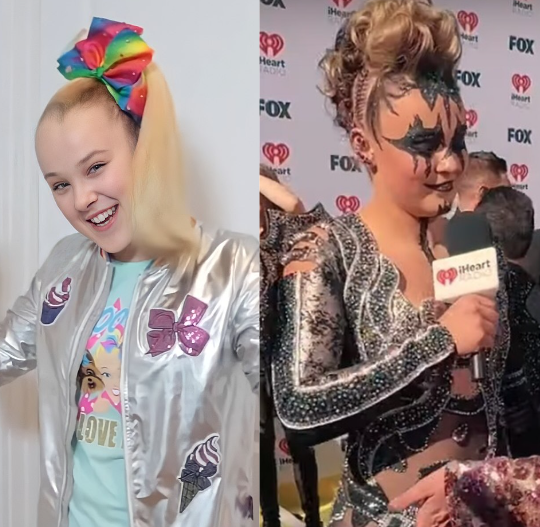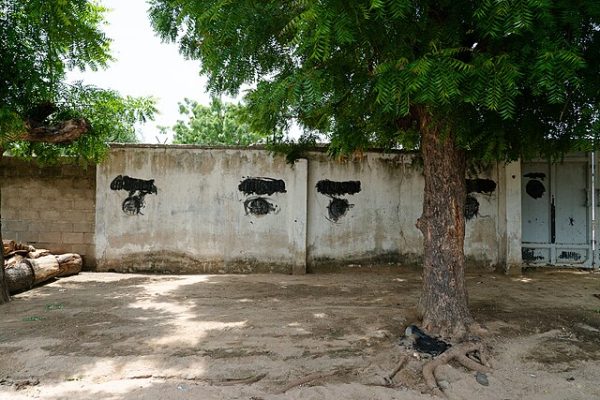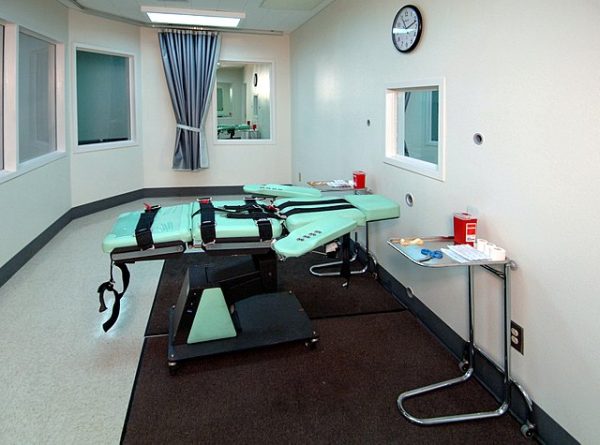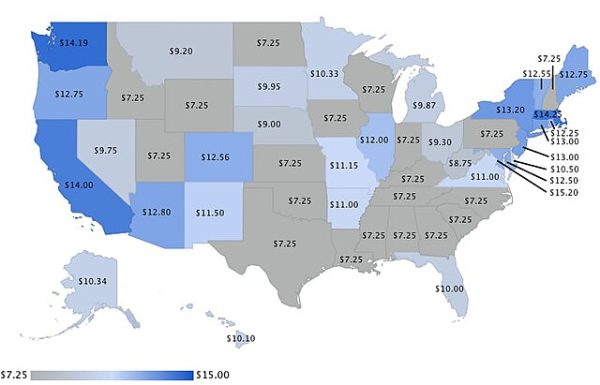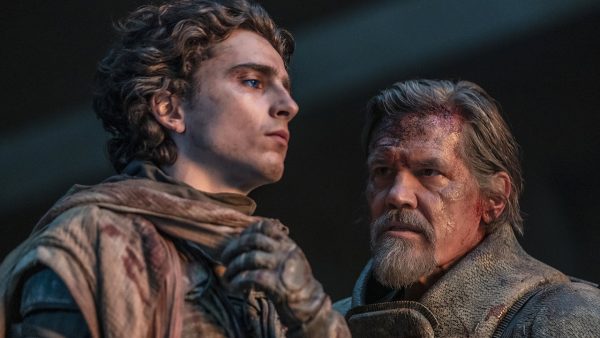The Treatment of Antonio Brown: How Society’s Exploitative Attitude Towards Professional Athletes Creates Deeper Issues
*DISCLAIMER: The following article was written before accusations of sexual assault regarding Antonio Brown were released. This article is a criticism of societies’ idolization of pro sports players and has nothing to do with the allegations.
I originally planned to write this article as a gratuitously critical review of Steelers turned Raiders turned Patriots Wide Receiver Antonio Brown’s latest antics. The chaotic cloud of drama surrounding Brown has been milked by countless media sources, and Brown has truly been the gift that keeps on giving for sports networks struggling to find storylines to cover during the NFL Offseason.
I can’t fully blame them. Brown’s hellish offseason has been something straight out of a poorly acted Netflix football drama. Here is a man, regarded as the best wide receiver in the world just a few months ago, who suffered frostbite from botched cryotherapy (causing him to miss all but one training camp practice), threatened to retire because of new league regulations of helmets, refused to practice for weeks due to said regulations, was fined $54,000 for his absences, cursed out and threatened his GM due to said fines, was suspended then un-suspended for the Raiders’ Week 1 game, and was finally released by the Raiders and signed by the Patriots on Saturday. The saga has made Brown easily the most unlikable player in the NFL. In Instagram comment sections, he’s been called every word there is. He’s a diva. A punk. A locker room cancer.
But, as I began to rip into Brown about this affair, I realized that Antonio Brown is far from a villain. Is he selfish? Probably. Has he hurt the Raiders’ organization significantly during this saga? Of course. But, he’s not the bad guy in this story. Simply put, the treatment of Antonio Brown by the media, by the people, by the world, has been undeserved. Brown has been a victim, possibly suffering from mental illness and being used and exploited by the Oakland Raiders, the NFL, and its fans.
It is easy to look at an NFL player and think they have it easy. People love to complain about professional sports players. Whenever a contract dispute comes up in the media, comment sections are filled with complaints about the greediness and selfishness of the player. They get paid millions of dollars to play a game. It seems almost unfair that the average NFL player makes 36 times the amount of money that the average teacher does. But that’s the way the world works. In a perfect, fully self-aware society, perhaps there would be Fantasy leagues for doctors and lawyers instead of NFL players. But in the world we live in, pro athletes are idols. Kids look up to them, have posters of them on their walls, and collect trading cards with their pictures on them. Adults spend hundreds on signature shoes and jerseys, just so they can have a taste of what it would be like to be LeBron James.
Antonio Brown has had the world expected out of him. If a regular citizen has a bad day at work, they’re a bit grumpy and complain to their spouse about their day. When Antonio Brown has a bad day at work, his Twitter feed is filled with Fantasy Football aficionados insulting, harassing, and threatening him. The world isn’t as kind to pro sports players as you want to think it is. Brandon Marshall spent much of the late 2000s and early 2010s under media scrutiny for off the field issues. He was a diva. A punk. A locker room cancer. But when Marshall announced in 2011 that he suffered from Borderline Personality Disorder, it was as if the critics suddenly realized that the attacks aimed at Marshall were morally wrong.
I’m more than a football player — Antonio Brown
Antonio Brown very well may not have a diagnosed mental illness. I don’t know him personally and I’m not certified to diagnose him with anything. But what I will say is this: the pressure of idolization creates ticking time bombs out of professional sports players. It’s completely illogical to expect so much out of players without them standing up and saying, “I don’t need to do this for you”. And that’s exactly what Brown did. AB’s incident has been far from pretty, and, in most eyes, far from respectable. To many, his actions indicate that he has an attitude problem. I instead contest that his actions have exposed an attitude problem in American society. Sports players are taken advantage of for millions of dollars. Their names are put on the backs of jerseys and sold for hundreds of dollars. If they make a mistake, everyone sees it. Our exploitative treatment of athletes is obvious. Did Antonio Brown respond to this treatment appropriately? Not at all. But as viewers, we need to take a step back, look at the drama through the eyes of Antonio Brown. We need to examine the culture that allows us as a society to become so enraged by a man taking a day off work. Most of all, we need to realize that athletes are human beings, not just likenesses that we can exploit, and they must be treated as such.

